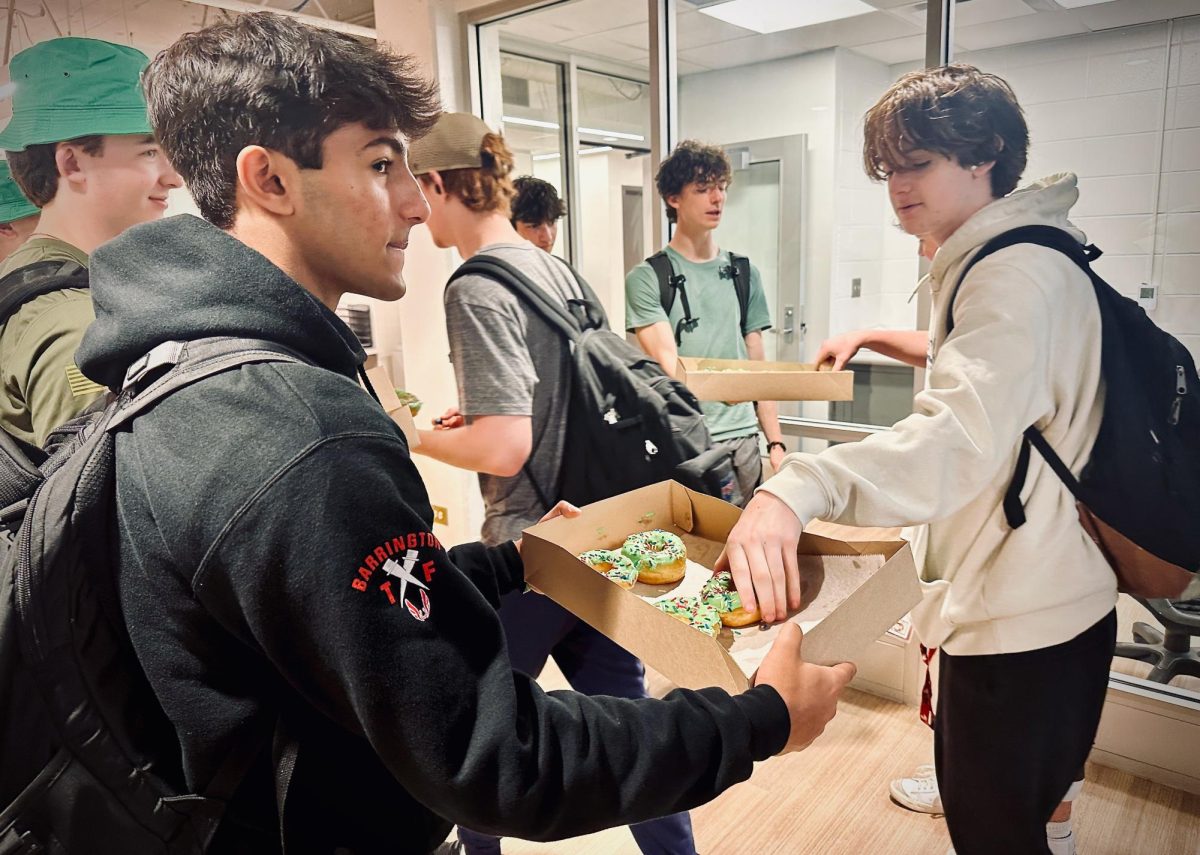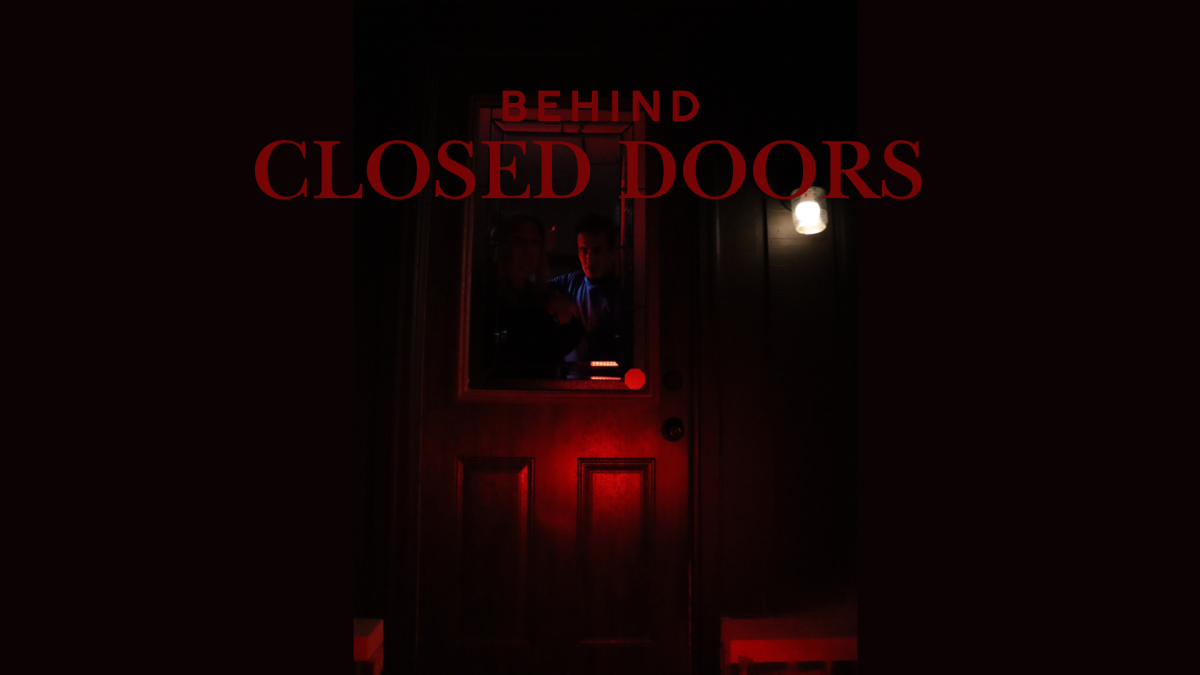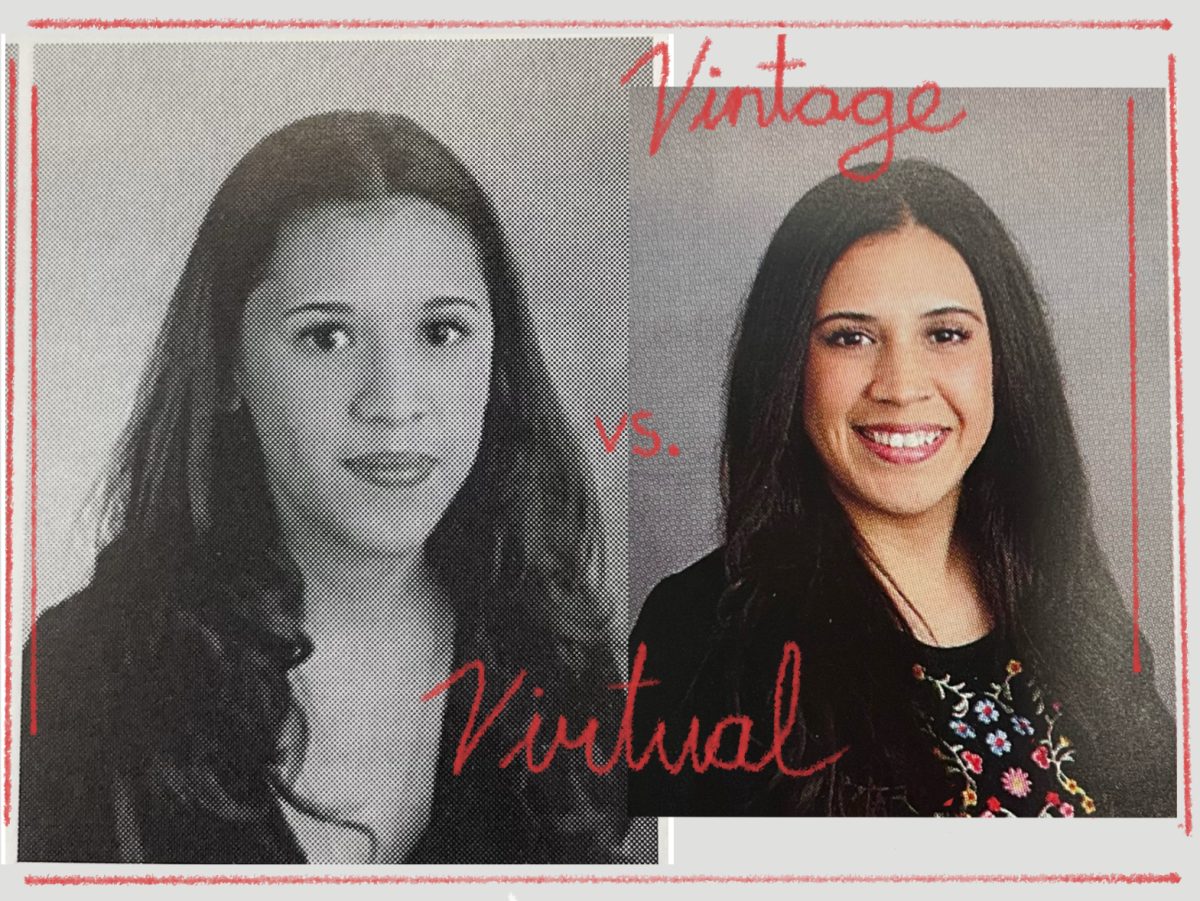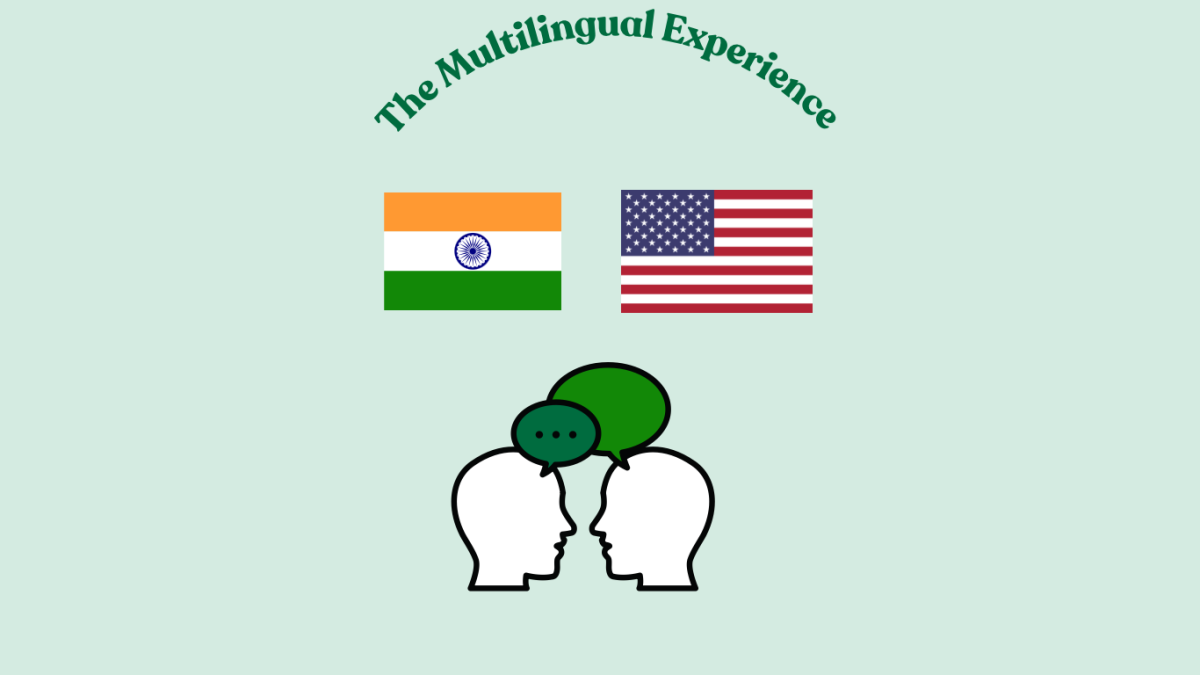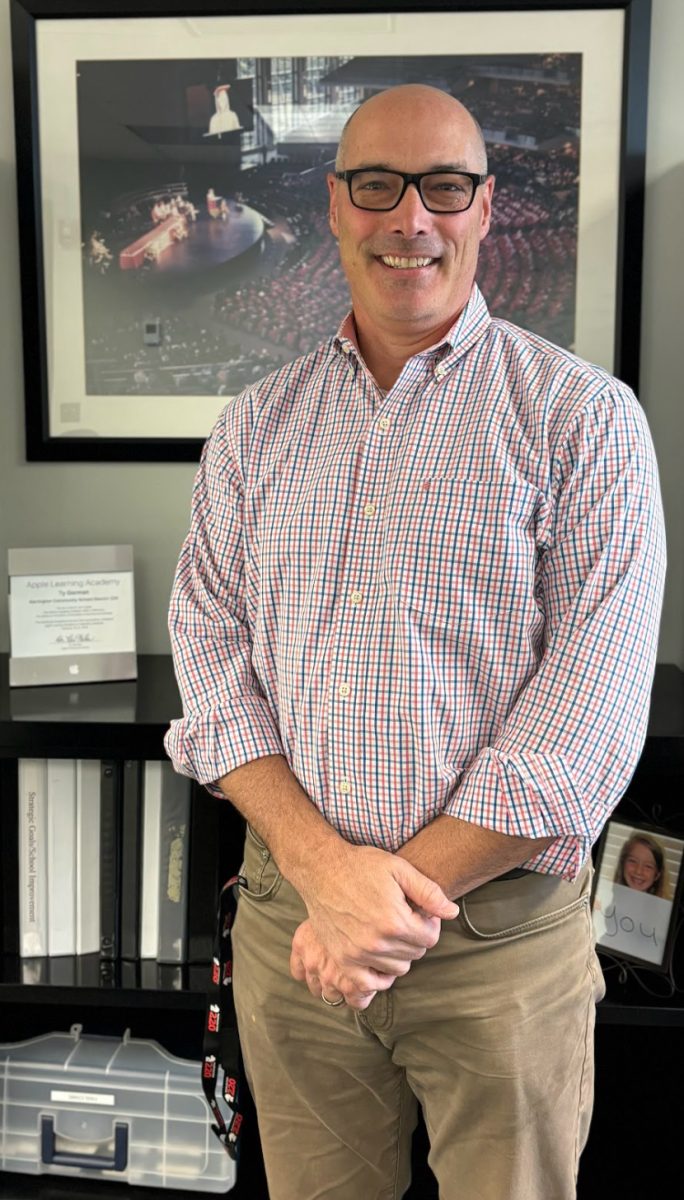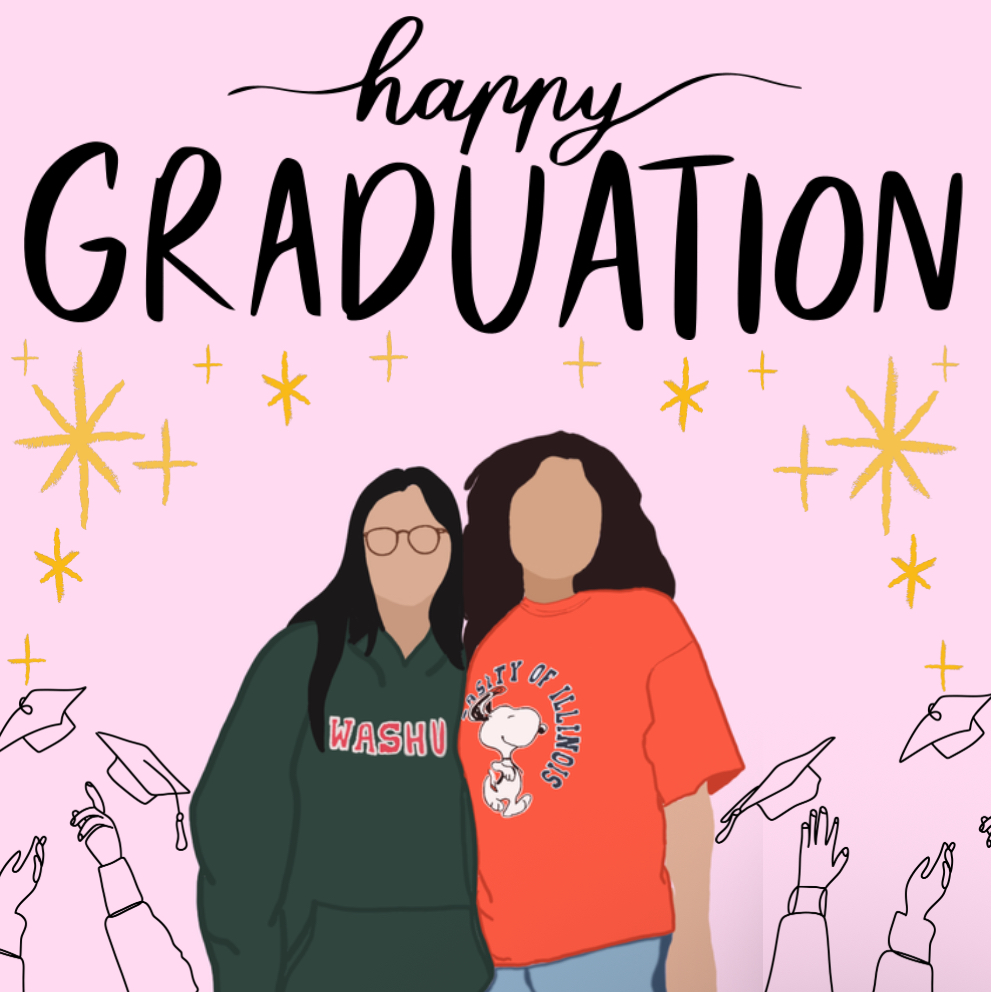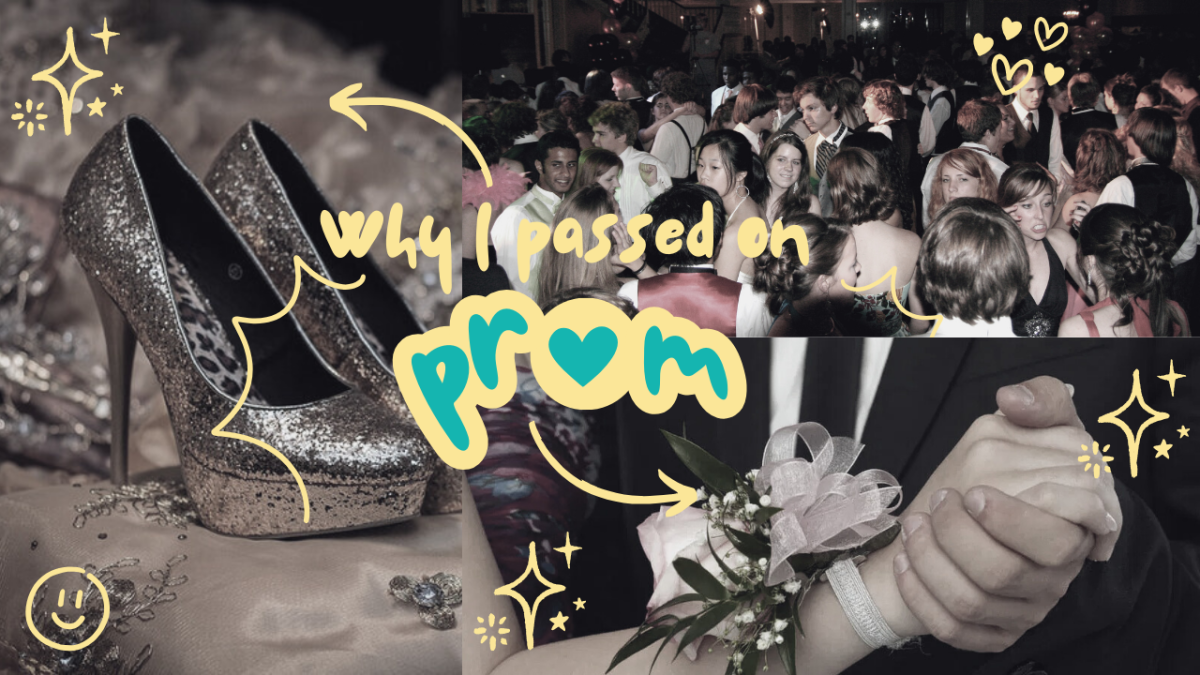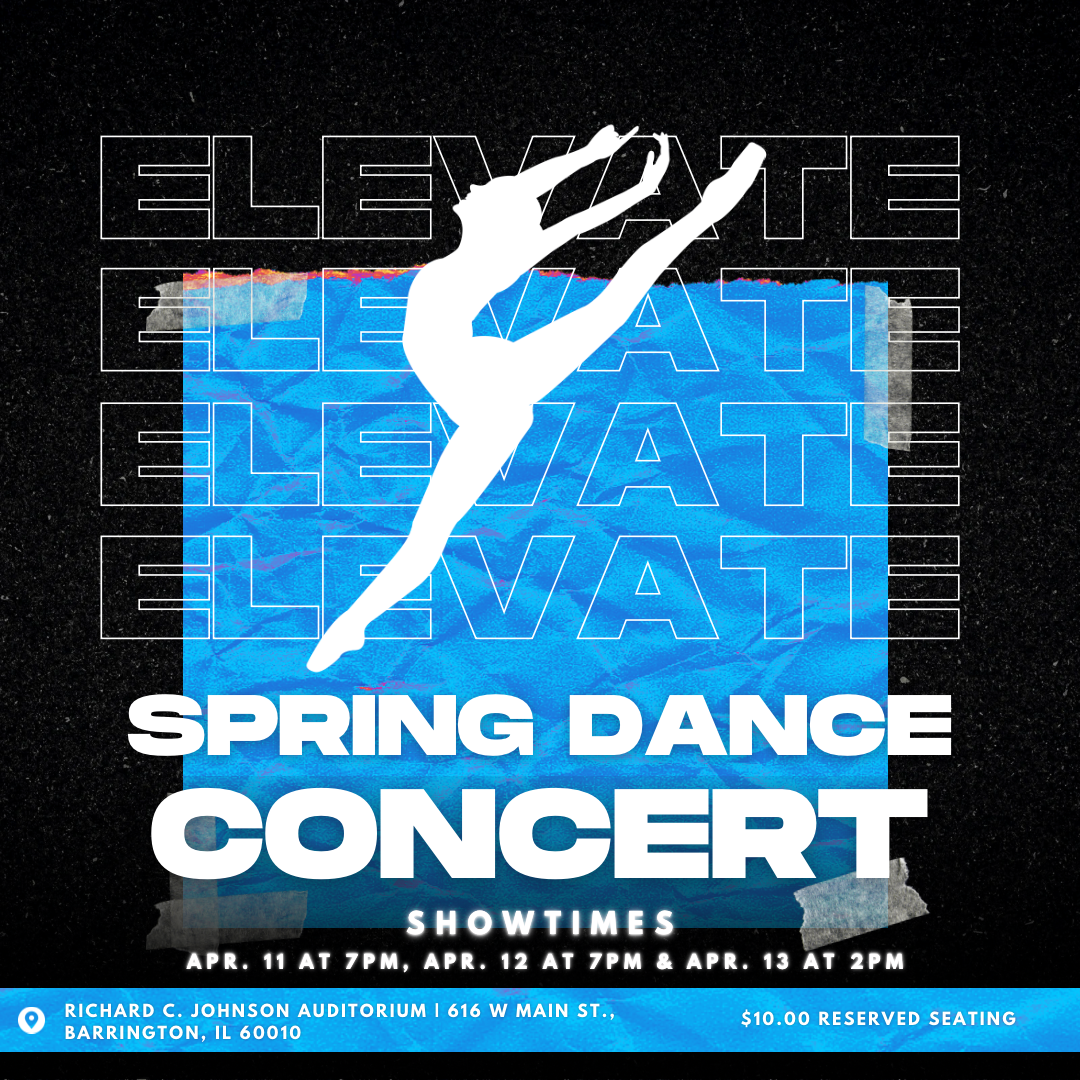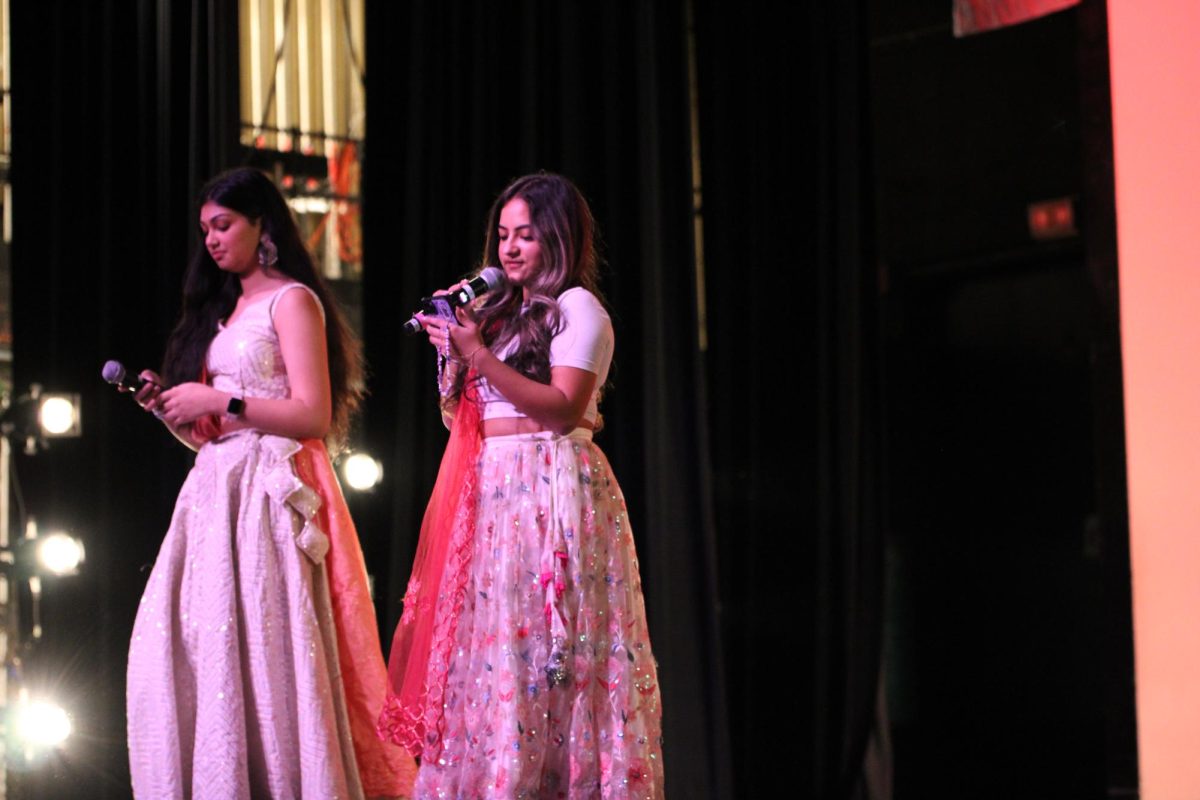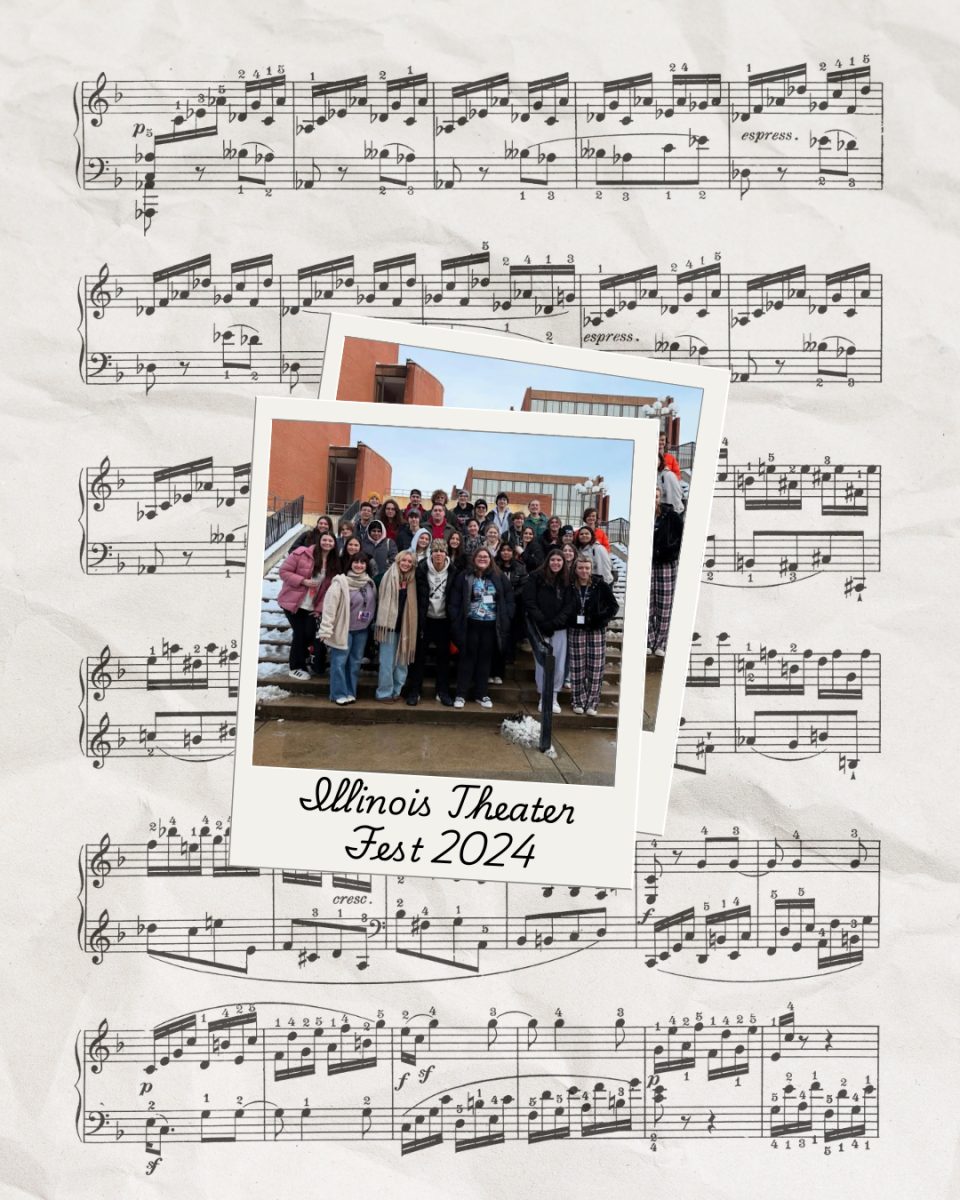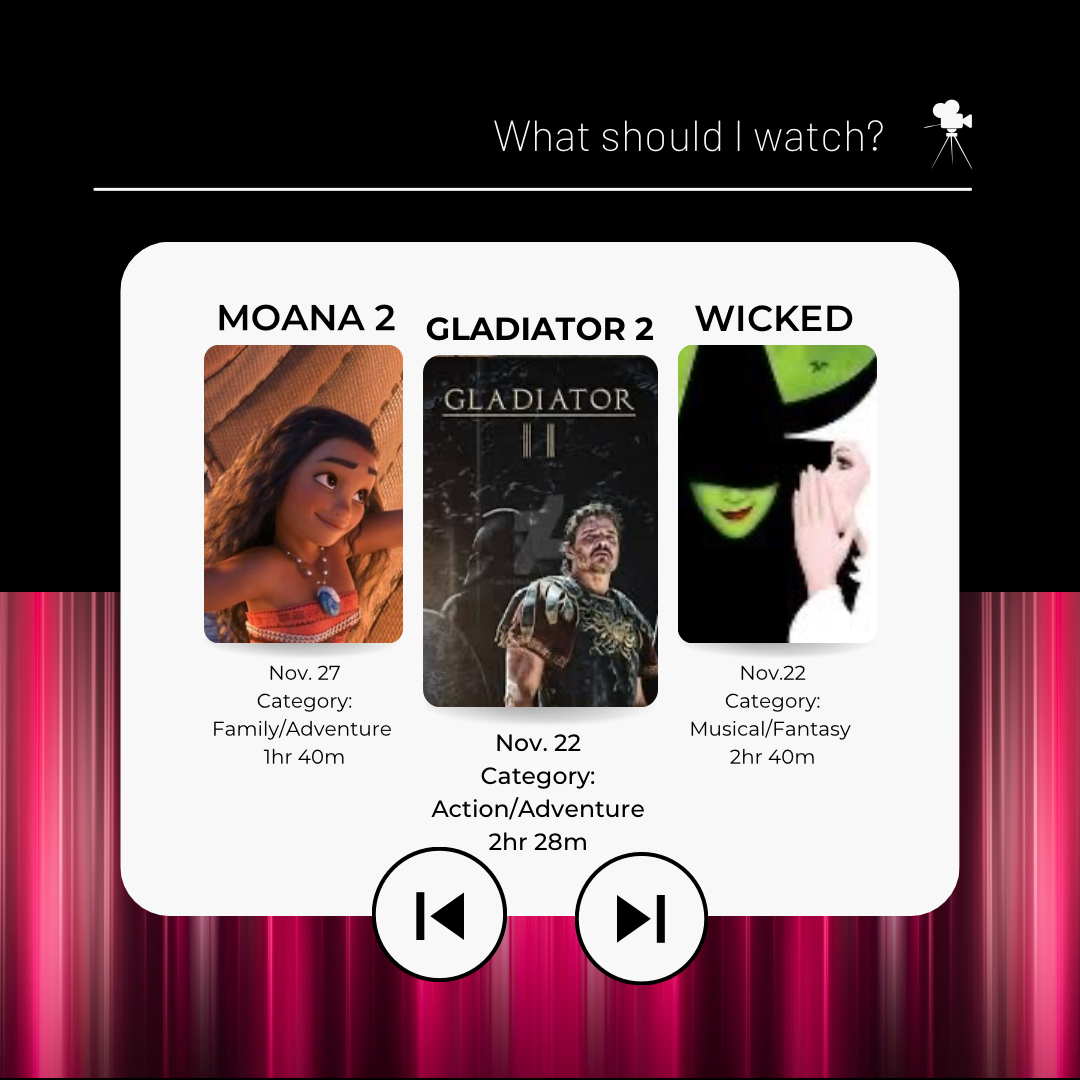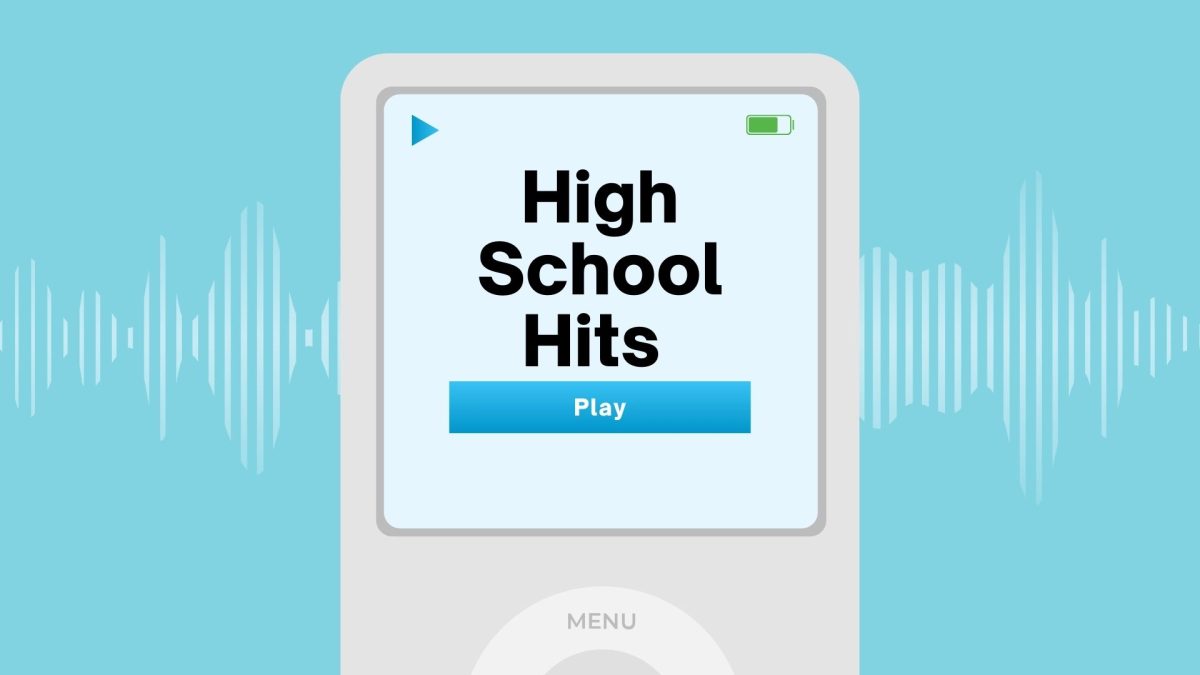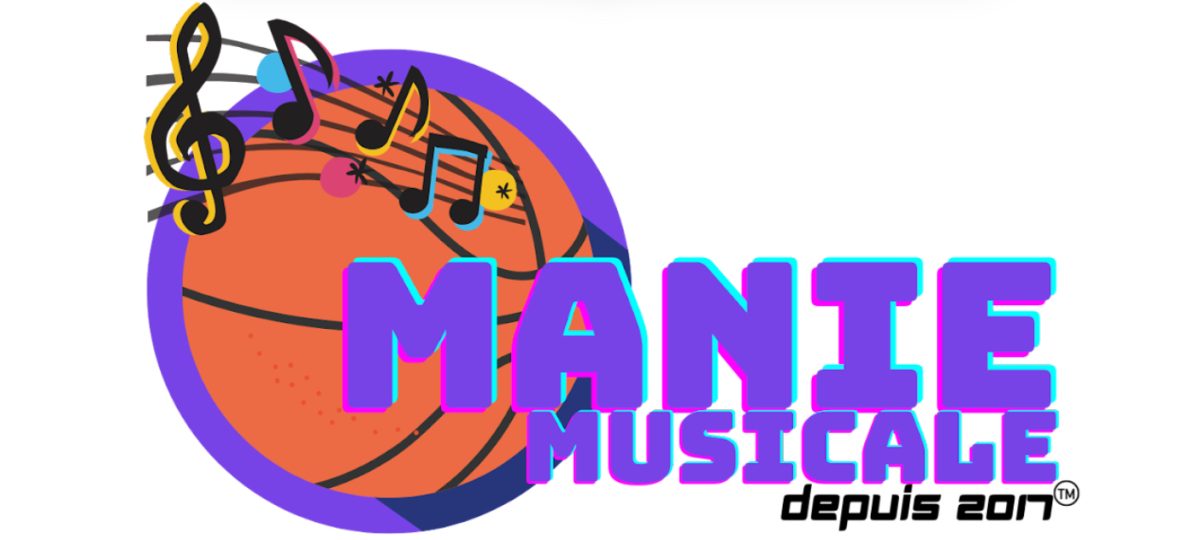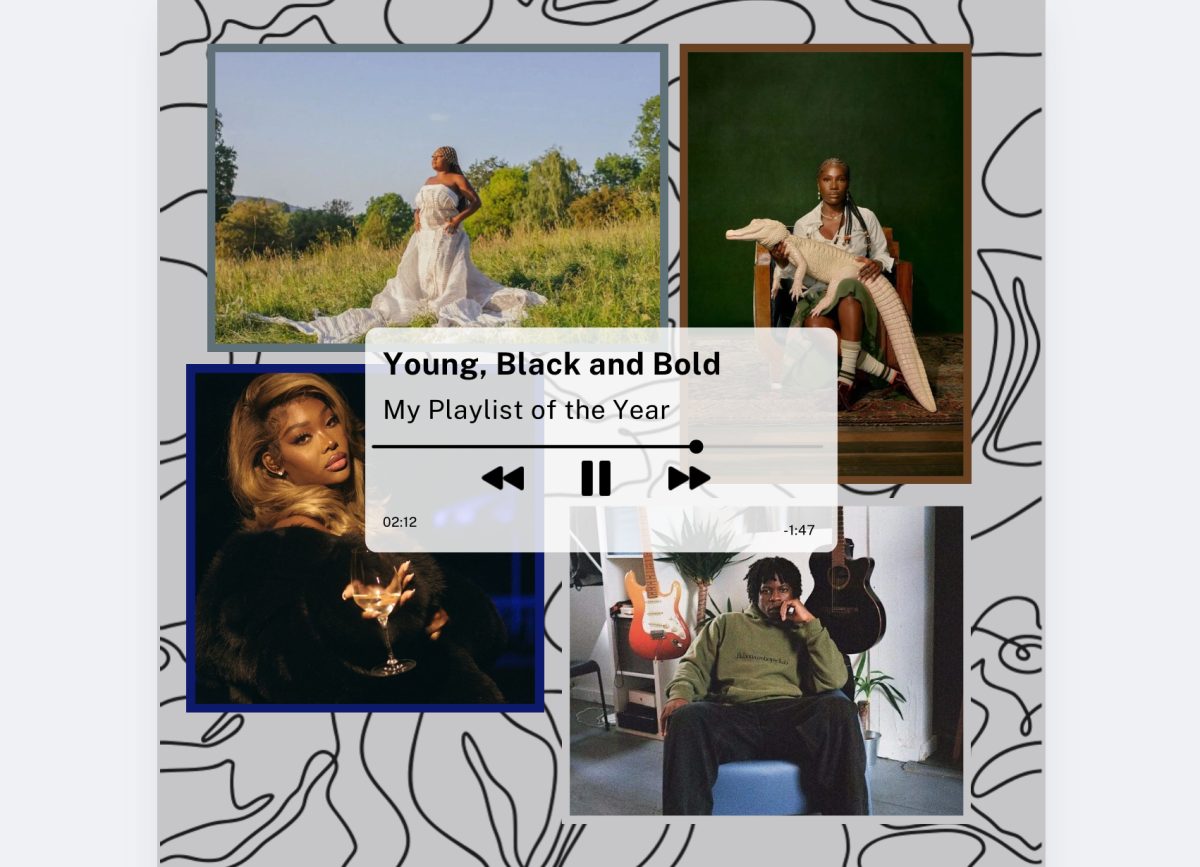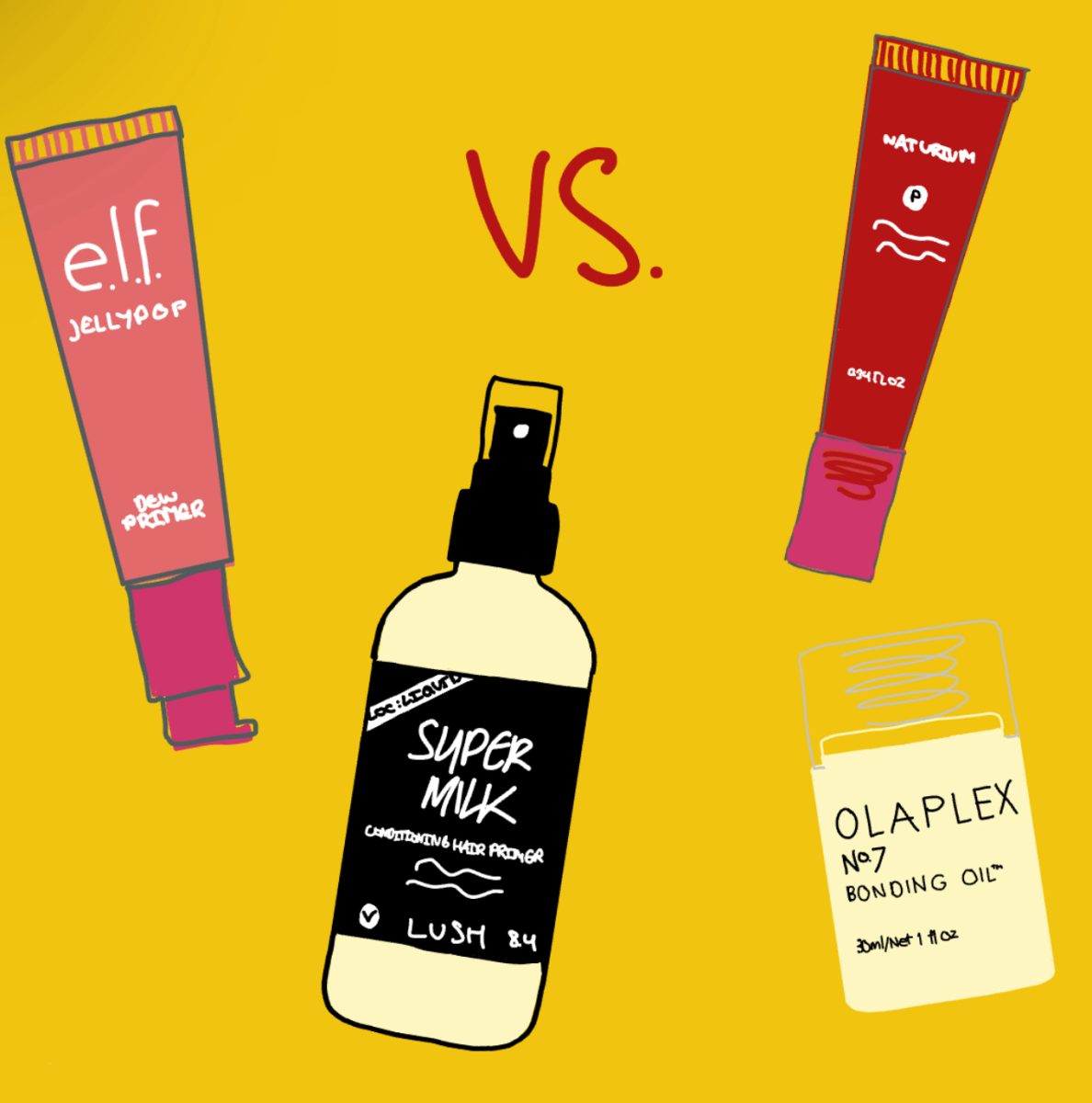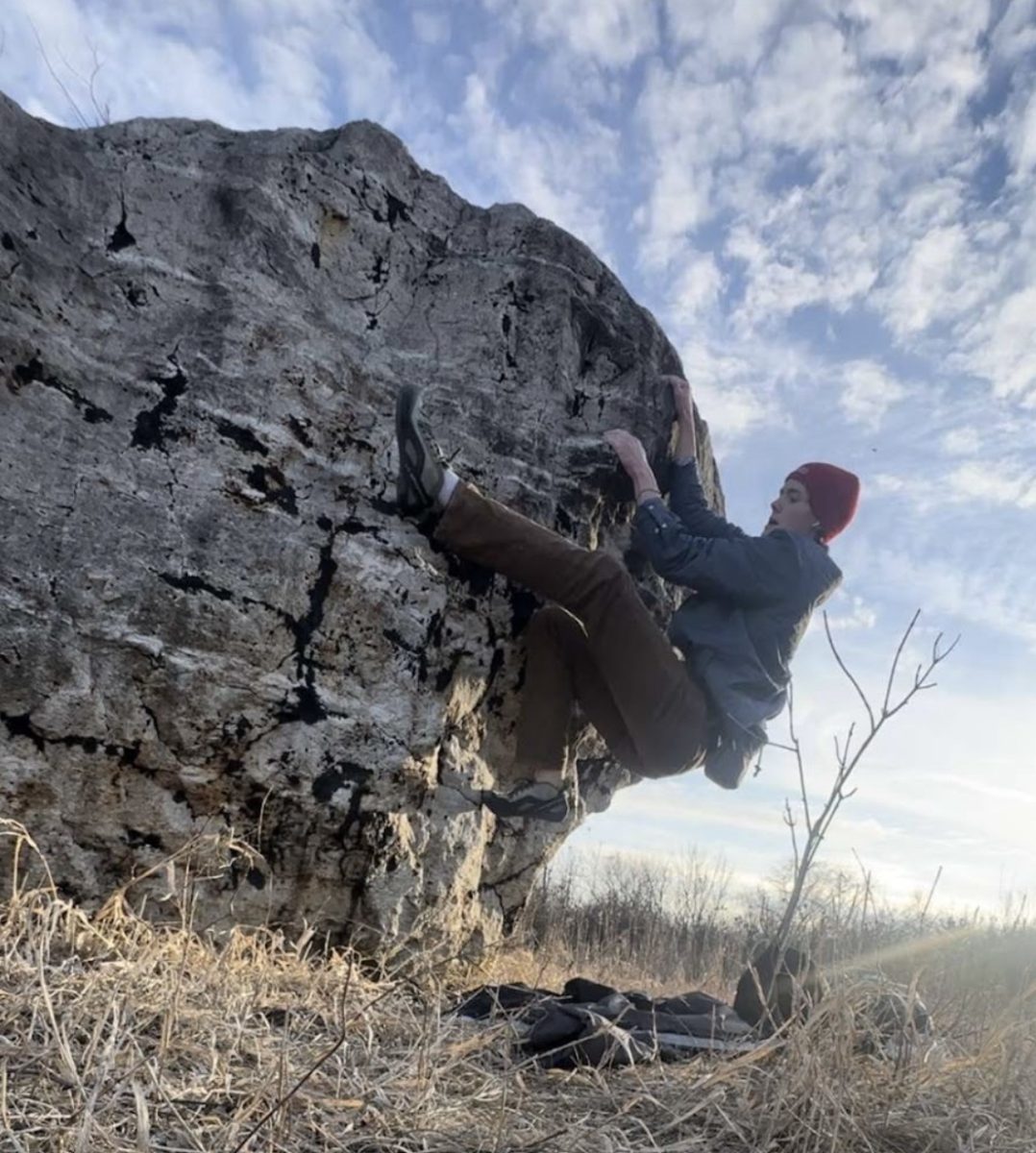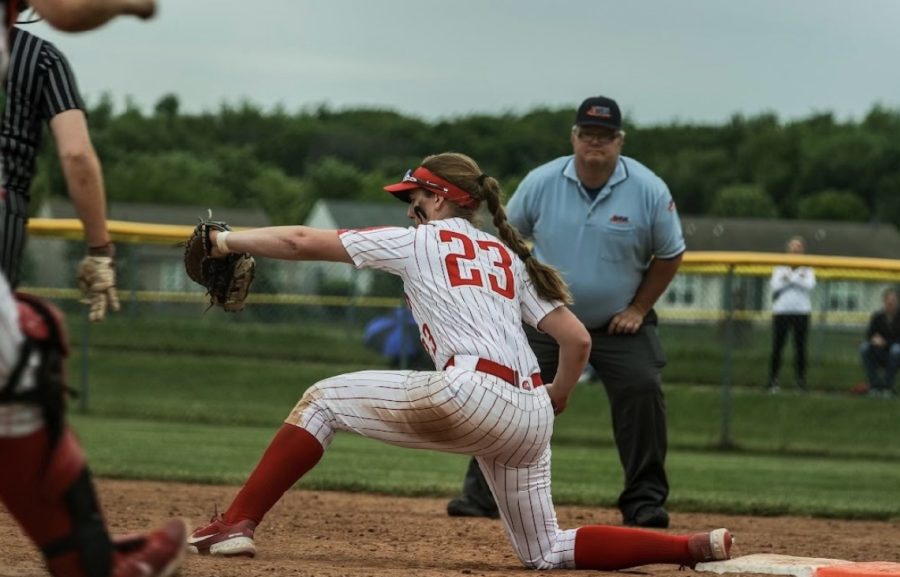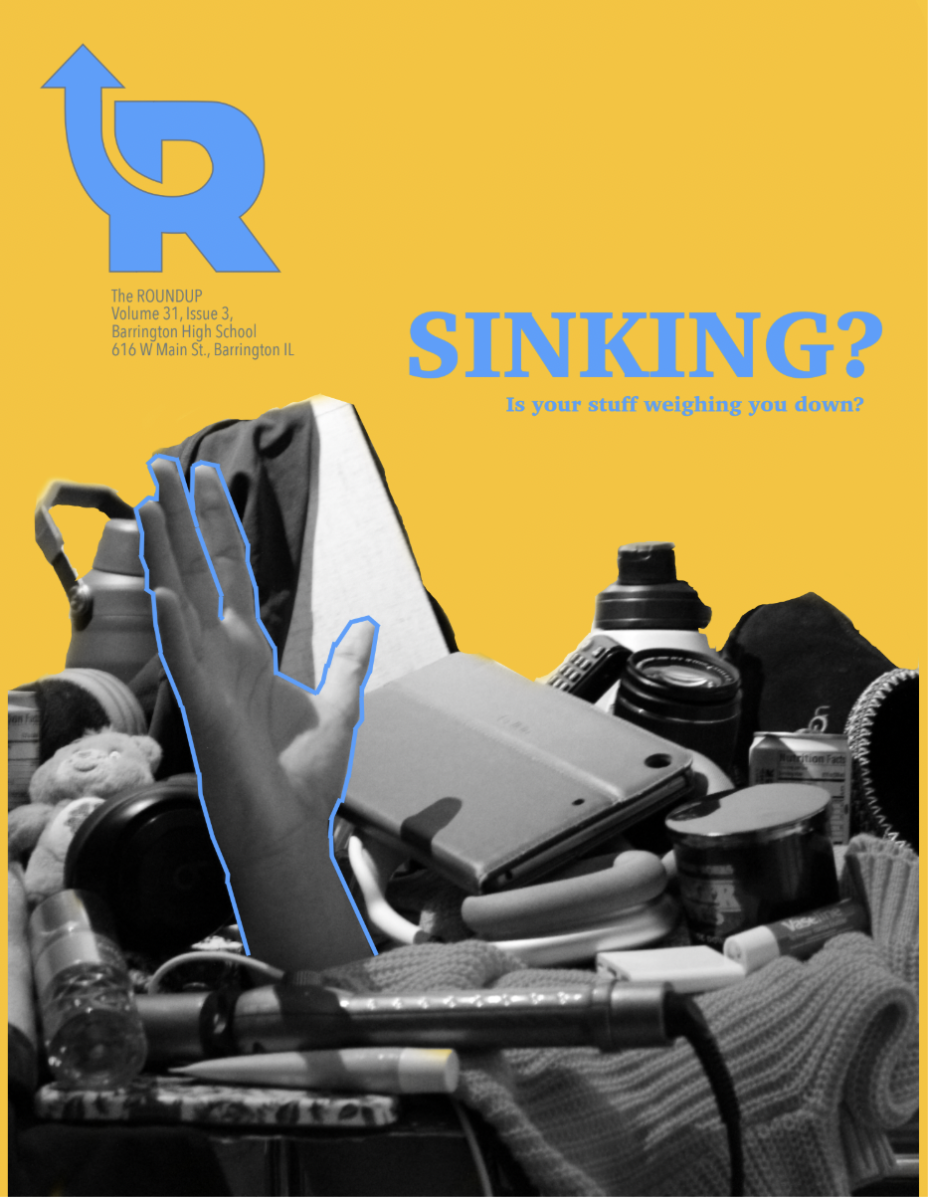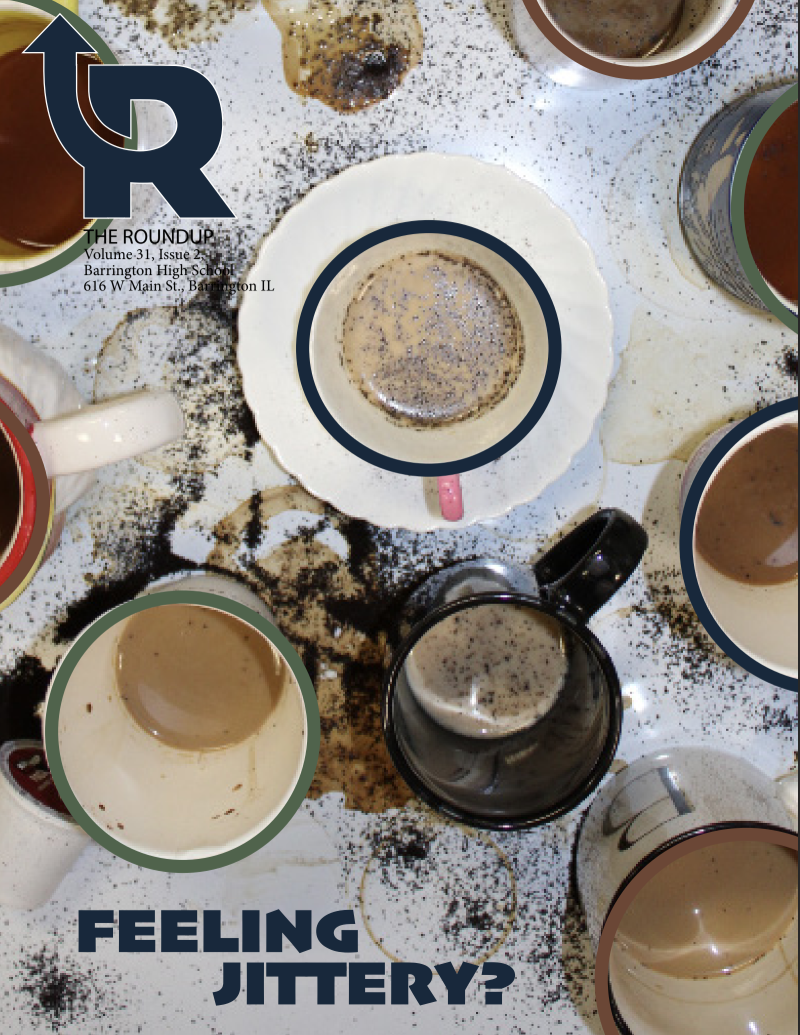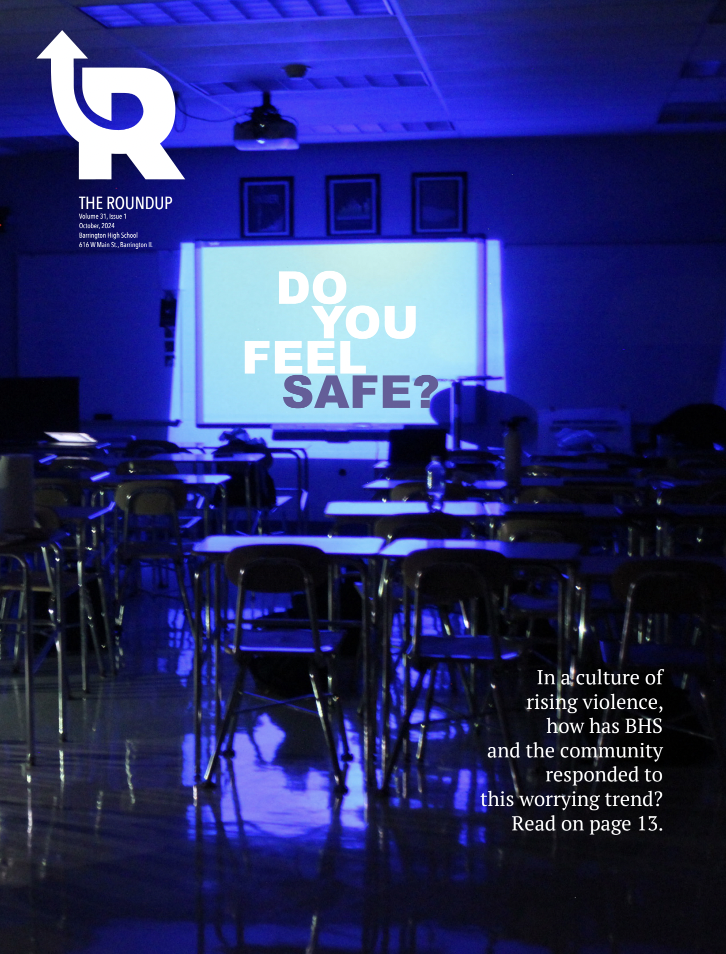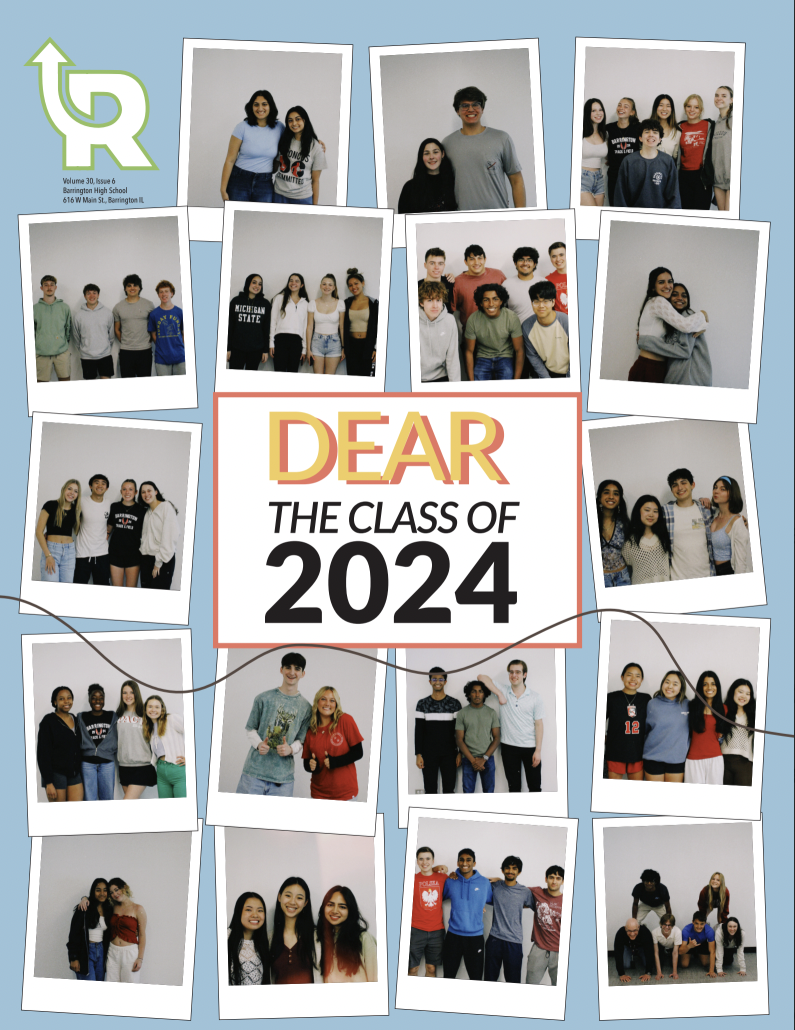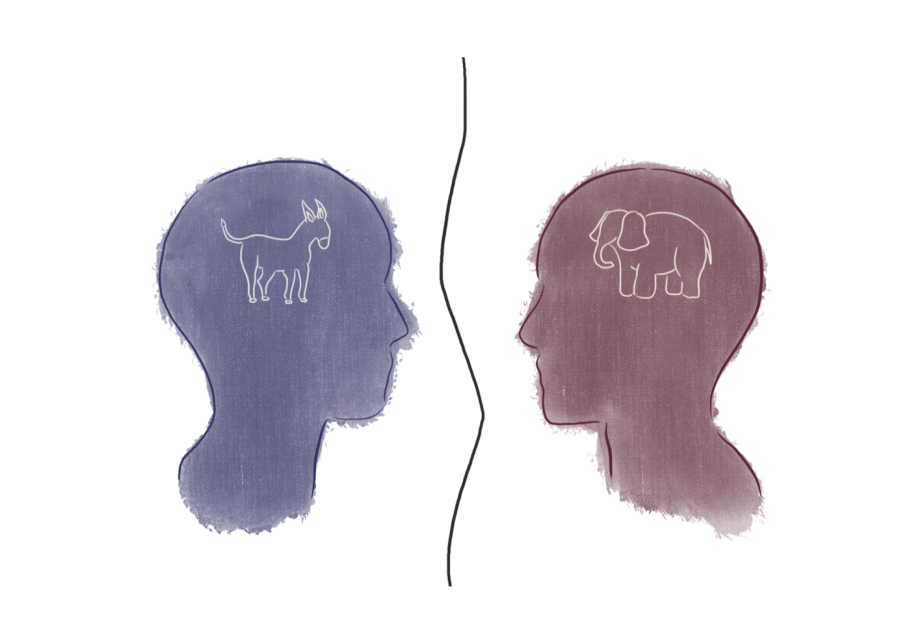Trigger warning: Politics
I had the recent pleasure of having a political discussion with a classmate. I am a Democrat, and they are a Republican. Spoiler alert: no one died, although many would rather face the unfortunate than engage in a stance discussion about the 2024 elections.
But in our current era of blinding partisanship, a mature and open political discussion is considered somewhat of an anomaly, and it is infectious.
Admittedly, I was indifferent to politics. It was a word associated with the trials of violence, money and upper-class banter. But as politics has only grown to influence my personal life and identity, both my tolerance and reverence of politics have grown in tandem. But current events and recent history have likewise given my generation an edge when it comes to politics.
A rather blunt edge.
We are a generation born just shy of 9/11, yet experienced the totality of the era of Donald Trump, international conflicts and seismic struggles for civil rights. The confidence of our political blade has been worn and dulled in the face of such polarizing historical anomalies that it is only expected for us to tiptoe around the grounds of politics.
Increasingly, our environment shies from the discussion of genuine politics. Any attempt at political “debate” in a classroom is generally a roundabout attempt. Micropolarization is the product of constant shutdowns when it comes to political discussion. It later infects our classroom and social talk, instigating anxiety and an embarrassing reluctance to firmly stand on our political grounds. Even according to the National Education Association, neutrality in a classroom is a counterintuitive strategy that has the potential to reinforce political anxiety and misinformation. Evasive politics only strips away its integrity and builds an increasingly narrow view frame, culminating in growing partisanship.
Even as I write this piece, I cannot help but fear the potential backlash I may receive from offended families and astonished adults, yet I find myself indulging in this exposé of politics at its raw.
As someone who is a part of the Congressional Debate team, engaging in political debates is my bread and butter. Shockingly, it’s not as chaotic as it sounds. And it is because students are capable of mature discussion around pressing and controversial issues. Yet, we find our voices and confidence suppressed by the overrepresented violence that often trails politics. If our world is growing increasingly divided, avoiding the discussion of politics is inherently ignoring the disturbing elephant in the room.
And so I firmly argue for early exposure to political education and encouraging healthy discourse that allows us to start from the shallow end. Because as provocative as it sounds, a political debate may just be the necessary evil that bolsters our confidence and sets a necessary precedent for a diversified future.
But then again, let’s not get too political.
Your donation will support the student journalists at Barrington High School! Your contribution will allow us to produce our publication and cover our annual website hosting costs.


